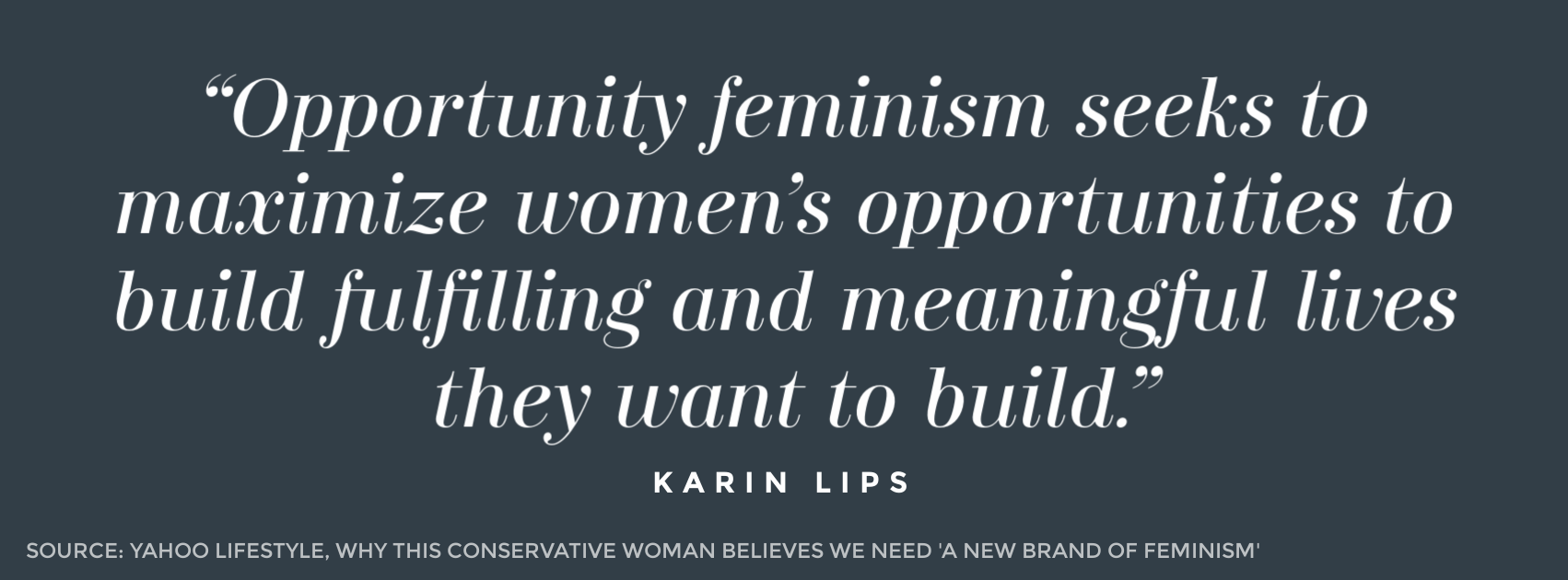California needs to reform nurse licensing requirements
This article originally appeared on the OC Register.
Nurses shouldn’t need to alert a state legislator to get a license to help people.
For the last year, nurses, doctors, and other healthcare professionals have been on the frontlines fighting a once-in-a-century virus sweeping the United States. This pandemic has required Americans to make sacrifices big and small to stop the spread. And it has exacerbated shortages in the medical community.
Courtney Gramm is a nurse practitioner who specializes in diabetes. Her husband is serving our country in the United States Air Force. Because her husband’s military career required them to move from Florida to California, she was delayed in obtaining her nurse practitioner license. Without the license, she wasn’t able to do the job she was trained and hired to do. She was unable to assist in managing patients with diabetes, which is a significant risk factor for developing severe COVID infection requiring hospitalization.
As a new resident to California, she is required to receive a license to practice as a nurse practitioner. While there is a compact between 34 states to allow registered nurses to work in multiple states without relicensing, there is no compact for nurse practitioners. As a nurse practitioner, she has additional training and skill in diagnosing and treating health conditions and assisting patients with management of their chronic disease, and is licensed to order diagnostic tests and prescriptions.
California required Gramm to first get her registered nurse license, which she told me involved a $350 application fee, getting fingerprinted, submitting transcripts, and paying $30 for a license verification check. This took 12 weeks. Then she applied for her nurse practitioner license at a cost of more than $900 for the different requirements. After 17 weeks, she finally contacted her California State Assemblymember, Mark Stone, who contacted the California Board of Registered Nursing on her behalf. This spurred action. After a total of 30 weeks, more than $1000, and a call to her state legislator, she obtained her nurse practitioner license. That’s more than six months.
Her husband’s assignment in California is only 18 months long.
There was no additional testing, just fees and paperwork. She was already certified by the American Association of Nurse Practitioners.
All she wants to do is help people:
“When I see someone in need of help, my intuition and training as a nurse all but launch me toward that person,” she says. “I have studied, trained, and worked hard so I am prepared for a situation like the one the pandemic presented where skilled and resolved workers were needed to aid those who were ill. It was vexing, and cloyingly ironic, to be a medical professional on the sidelines during a pandemic for no better reason than regulatory red tape.”
Gramm is one of the many military spouses whose careers are interrupted by state licensing requirements and whose lives would be improved with more licensing reciprocity. The non-partisan Government Accountability Office (GAO) recently issued a report at the request of the House Armed Services Committee addressing state licensing practices and military spouse employment.
According to the report, “About one in four spouses reported that, for their most recent military-related move (PCS), obtaining a credential necessary for employment was a problem. Among unemployed spouses, an even higher proportion (38%) reported that obtaining a credential was a problem during their most recent PCS move.”
GAO also reported that more than 90 percent of the estimated 605,000 military spouses of active duty servicemembers in 2018 were women, so state licensing requirements disproportionately impact women when it comes to military moves.
Some states have suspended licensing requirements to address the pandemic. This is a time to review and eliminate unnecessary state occupational licensing laws and reform how states treat professionals who are licensed in other states.
Karin A. Lips is the founder and president of the Network of Enlightened Women, which educates women on conservative principles. She is a senior fellow with the Independent Women’s Forum and editor of “She’s Conservative: Stories of Trials and Triumphs on America’s College Campuses. Follow her on Twitter @klips.



